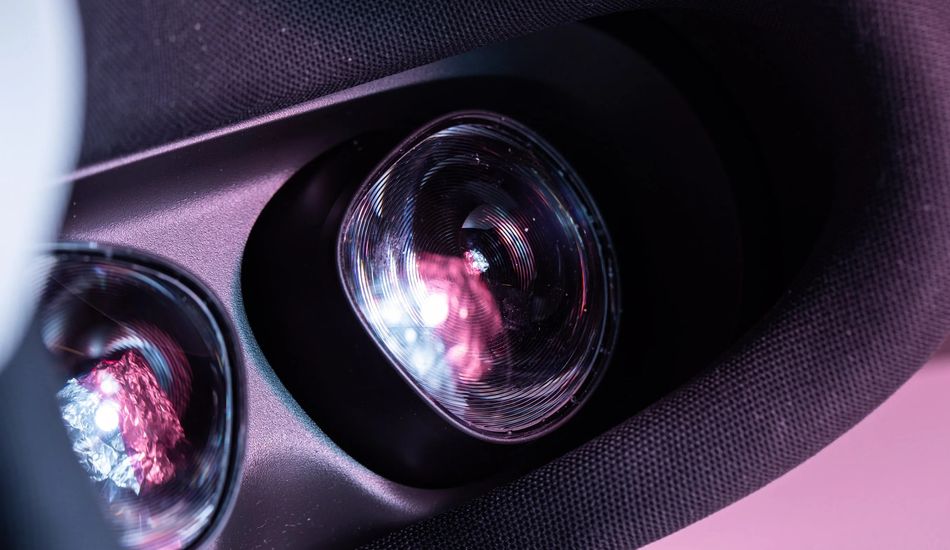
Meta's AI Ambitions: Accessing Private User Photos - A Privacy Concern?
So, Meta, the company behind Facebook and Instagram, is at it again. For years, they've been using our publicly posted photos to train their AI. Makes sense, right? Public data is fair game. However, now they seem to be eyeing our private photos – the ones sitting on our phones, never shared with the world.
Reportedly, some Facebook users are seeing prompts asking them to opt into "cloud processing." What does this mean? Basically, Facebook wants to regularly grab media from your camera roll to generate "ideas like collages, recaps, AI restyling or themes like birthdays or graduations". Sounds convenient, doesn't it? But here is the catch! By agreeing to this, you're also agreeing to Meta's AI terms. This allows their AI to analyze not only the media itself but also facial features, dates, and even the objects within your photos.
I find this a little unsettling. I mean, I get the appeal of AI-powered photo editing and automatic collages. But at what cost? Do we really want Meta having access to our most personal, unshared moments? They also retain rights to "retain and use" this data.
While Meta isn't currently training its AI on these photos (allegedly), they're not ruling it out either. This lack of transparency is what bothers me the most. If they plan to use our data, we deserve to know exactly how and why.
What's the Big Deal?
You might be thinking, "So what? It's just photos." But it's more than that. It's about privacy, control, and the potential for misuse. Imagine AI trained on your private family photos being used for targeted advertising or, worse, facial recognition systems. It's a slippery slope, and I believe we should be cautious.
I think it is important to remember that while AI can bring exciting possibilities, it also raises some really serious ethical questions. When companies are not transparent about their usage of data, it can be difficult to evaluate the benefits of these technologies.
My advice? Read the fine print. Understand what you're agreeing to before granting access to your camera roll. And if you're not comfortable with the terms, don't opt in. It's your data, and you have the right to protect it.
Source: The Verge